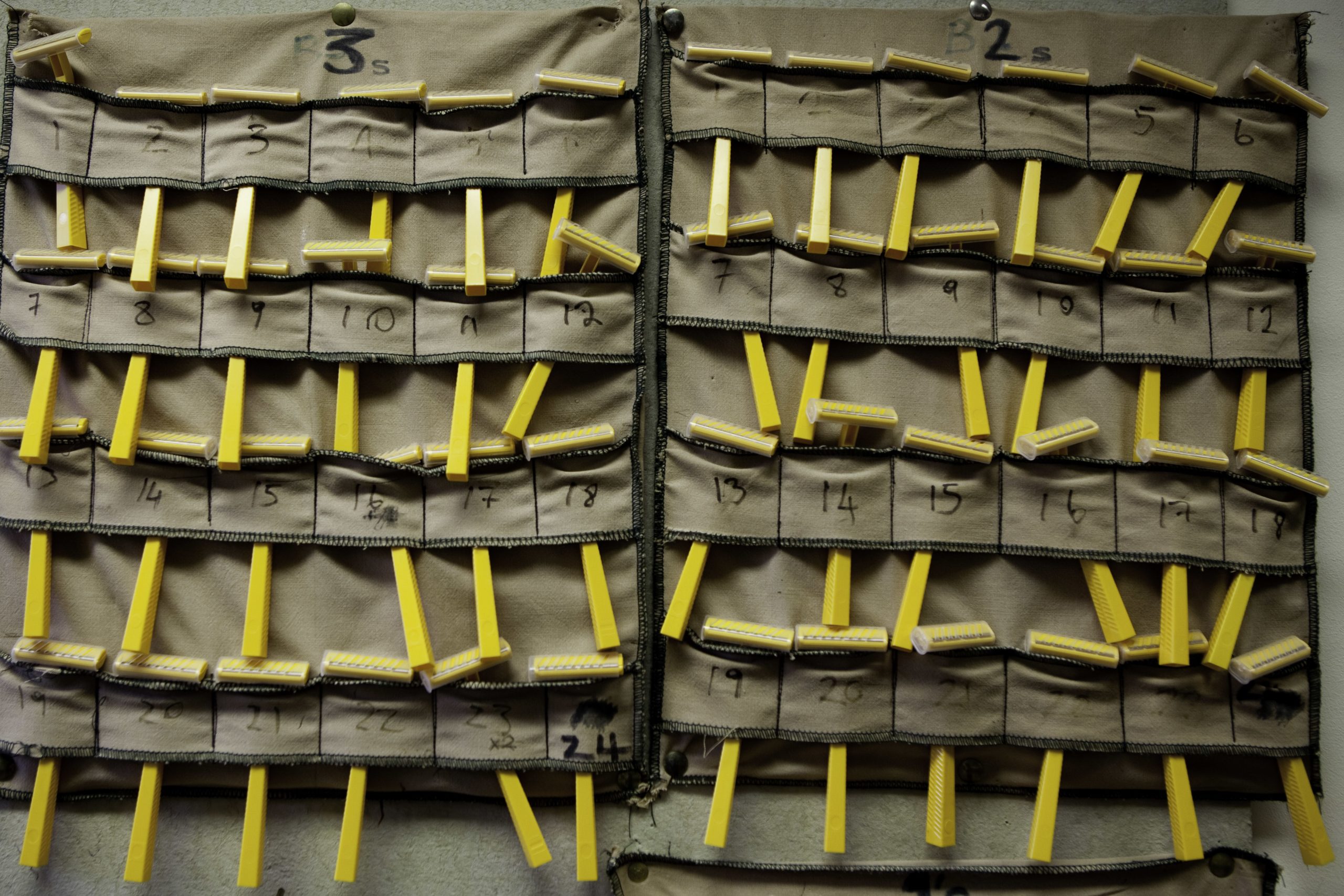[contextly_auto_sidebar id=”LeqFW2iMqVeI1YOKyjkwnSwQsE8LD817″]
Prison law charities have been overwhelmed with requests for advice from prisoners in the wake of cuts to the legal aid scheme introduced 18 months ago. The Howard League for Penal Reform and Prisoners’ Advice Service this morning begin their critical appeal of last year’s High Court’s decision preventing challenge to legal aid cuts for prisoners.
In the year following the 2013 cuts, calls to the Howard League for Penal Reform’s advice line for children and young people in prison increased by 45%. The charity says its lawyers are ‘overwhelmed with requests from young people with nowhere else to turn’. PAS, which represents adults and receives thousands of letters and calls a year, also reports being ‘inundated’ with requests for help. You can find out what remains of legally aid advice for prisoners in an article by PAS’s Deborah Russo here.
‘Our legal team represents children and young people in prison,’ comments Frances Crook, chief executive of the Howard League. ‘The removal of legal aid to help these children make a fresh start is contrary to the whole aim of the youth justice system which is to prevent reoffending.’
Ideological opposition
In a session before the House of Commons’ justice committee last year, in 2013, the then Lord Chancellor Chris Grayling described his plans to cut legal aid for prisoners as ‘ideological’. ‘I do not think prisoners should be able to go to court to debate which prison they sent to,’ he told MPs. When pressed by the Labour MP Jeremy Corbyn about cases about prisoners claiming ill-treatment or suffering neglect as a result of medical conditions, Grayling replied: ‘I think these are matters for an ombudsman. What we are seeing is the area of prison law expanding dramatically. It has more than doubled in the last few years and, in my view, it now covers areas that it should not.’
‘The legal aid cuts to prison law have resulted in prisoners’ access to justice being severely curtailed,’ says Deborah Russo, PAS’s joint managing solicitor. ‘The Prisons and Probation Ombudsman, the Chief Inspectorate of Prisons and the Parole Board have all expressed grave concern at legal aid cuts for prisoners. These cuts are further isolating an already very marginalised sector of our society.’
According to the Howard League, the cuts have ‘coincided with an unprecedented deterioration of safety standards in English and Welsh prisons and a rise in suicides, compounded by staff shortages’.
The challenge concerns two separate but linked judicial reviews. Although the two cases concern different aspects of prison law, they both challenge restrictions to legal aid for prisoners imposed by the government in December 2013. You can read more on the background here.
The first case argues that the removal of legal aid for a small number of important parole board cases is unlawful. The second argues that the removal of legal aid for a range of cases affecting prisoners’ progress through their sentence towards release is also unlawful.
The decision to cut legal aid for certain parole board cases was made without consultation, and affect prisoners on life sentences and IPPs who can only progress to open conditions if the parole board advises that it would be safe for them to do so. The Howard League makes the point that these cases are particularly ‘important because, once in open conditions, prisoners can apply to do work and receive education in the community’. ‘This step is key for prisoners’ rehabilitation and public safety. Making prisoners go through this stage without legal advice and representation is counter-productive,’ the group adds.
The second case concerns the removal of legal aid for prisoners facing particular difficulties such as mothers threatened with separation from their babies, children and disabled prisoners who need a support package so they can be released safely, and mentally ill prisoners held in isolation.








